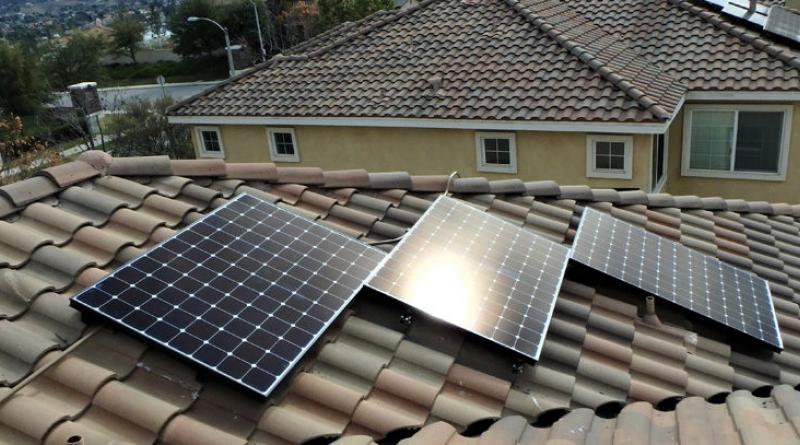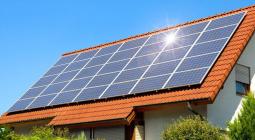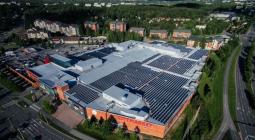Making Microgrids More Accessible.

In the aftermath of the recent PG&E shutdowns, we wrote about the hardships that Californians faced–especially those who didn’t have solar and battery storage available to them. The ordeal exposed the inequity for those who can’t afforddistributed energy. As High Country News reported,
- By the end of 2017, solar panels were three times as likely to be found outside of disadvantaged communities, per capita, than in them, according to the study “Distributed Solar and Environmental Justice.”
- At the same time, low-income residents pay significantly more for electricity than households who have been able to invest in distributed energy. About 7.2% of a low-income family’s paycheck pays for energy costs, compared to the average of 3.5% for higher-income families.
How To Fix This: California has some of the most robust low-income solar incentive programs in the country like the Self-Generation Incentive Program(SGIP) and its Equity Budget which allocates 25% of the SGIP budget to help low-income communities have access to solar plus storage. But these programs haven’t flourished as there are so many upfront costs associated with distributed resources that still make them unaffordable. However, recent changes to the Equity Budgethope to alleviate some of these upfront costs.
Why This Matters: Distributed energy can help supply energy during blackouts and decreased reliance on transmission lines can help prevent wildfires from sparking. However, residential solar and battery storage cannot just be a luxury available for the wealthy, it should be a right for all communities capable of having it. Even as we make broader investments in renewable energy overall (as the Dept. of Energyrecently did) we must ensure that deployment of green technology is equitable and accessible to everyone who needs it.
Go Deeper: California communities worried about wildfire risks have proposed a community takeover of public lands to manage them for fire risks.
14 November 2019
OUR DAILY PLANET




